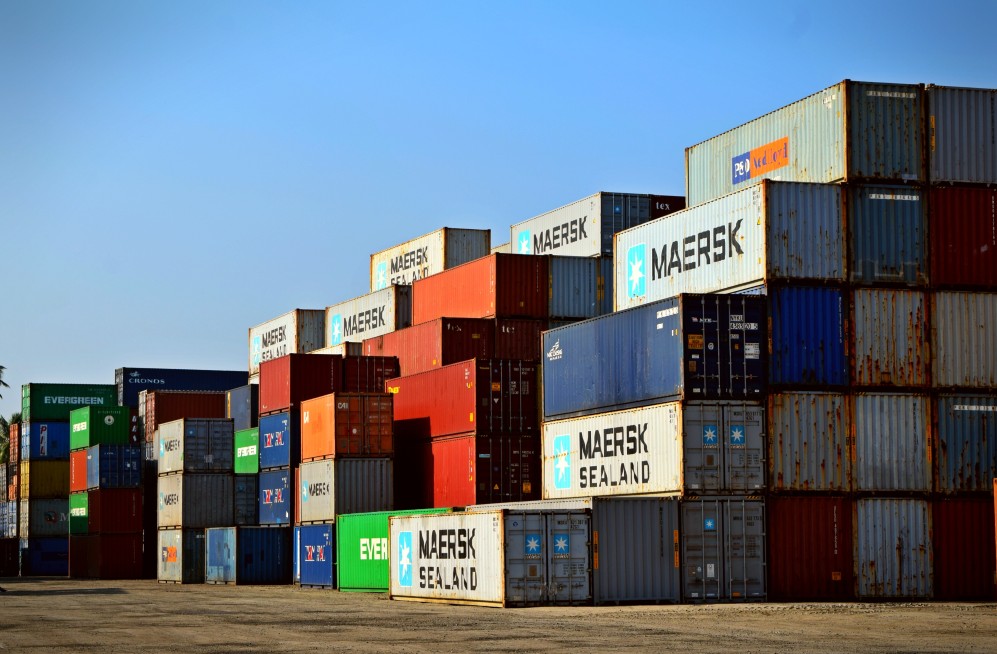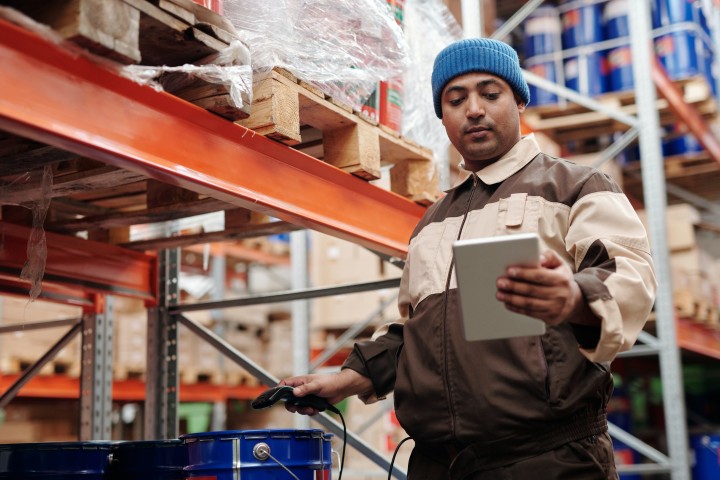The adoption of new technology will modernize your company, ensure strong competitive advantages, and make jobs that before looked difficult efficient and productive. While predicting which trends will dominate the upcoming years is challenging, it is possible to point out those that have been gaining traction in the logistics industry. See some of these technologies that are slated to catch on in this industry over the next few years in today’s post:
1. Automation
Systems integration is used to automate processes in a business by taking over human labor-intensive tasks to machines. It is designed to assist logistics organizations in improving their productivity, delivery accuracy and speed, cost reduction, time and space optimization, error reduction, and the frequency of workplace accidents.
2. Autonomous transport
The use of autonomous vehicles, or cars that can drive themselves, is a trend that looks set to gain momentum in the upcoming years. Although this method of transportation has drawbacks like poor security, it also has benefits like cheaper prices and quicker deliveries. Additionally, it promises to increase output and lessen the discomfort brought on by driver weariness.
3. Drone delivery
Drone delivery is another another trend that was developed by the enormous retailer Amazon and is expected to lower transportation costs and speed up delivery. Although some businesses now employ these systems for tasks like, pizza delivery, the widespread adoption of this technology faces obstacles including size and weight limitations, absolute autonomy time in the air, and adaptation to fit and condition goods safely and lawfully.
4. Internet of Things
With the help of devices like smartphones, for example, it is now feasible to operate domestic appliances and industrial machinery thanks to the internet of things, which involves the integration of the widest range of electronic goods through an internet connection. This technological development has become more and more prevalent in the logistics industry, earning the nickname “Intelligent Logistics,” as it makes it possible to monitor industrial processes in real time and make it easier to control logistical processes by making it easier to identify the status of goods while they are being transported.
5. Use of sensors on items
One straightforward application of the “Internet of Things” in logistics is the use of sensors to track the movement of products. These devices have a long lifespan and can send information through gateways, which are intermediary units used, among other things, to connect networks. The sent data can be seen on a map, enabling continuous shipment status monitoring. It might take some time for this technology to be widely adopted, with the most precious goods being employed first.
6. Green Logistics
The deployment of a new trend in the industry, known as Green Logistics or eco-logistics, was prompted by the influence of traditional logistics on the contamination of the planet. With a focus on all aspects of logistics, including storage, distribution, and transportation, its goal is to be successful in revamping the logistical processes so that it is possible to lessen the industry’s impact on the environment. An ecologically sound supply chain not only enhances the ecosystem but also represents modernity.
7. Collaborative economy
The Uber app is the most prominent example of the collaborative economy movement, which has gained popularity in the logistics industry. The application forms include options for outsourcing shipping operations to specialist businesses, leasing autonomous fleets, or using third-party warehouses, all of which have the effect of streamlining operations, enhancing customer satisfaction, and cutting costs.
8. Using Data Intelligently
A logistics company has a vast amount of data at its disposal. In order to enable effective predictive analysis, it is crucial to make intelligent use of the data supply chain by connecting and integrating this information from a suitable platform. This shortens delivery times and improves market and consumer behavior understanding.
9. Early delivery
Under this cutting-edge delivery method, which was also developed by Amazon, the item is already out of stock when the customer places their order. In order to provide the best solution for what the consumer is looking for, it is essential for the business to maintain track of the history of prior orders and searches made by the customer. This tactic not only increases the effectiveness of predictive analytics but also has the potential to increase customer retention and draw in new clients who are interested in receiving individualized care.
10. Blockchain and smart contracts
The registration system that ensures the security of transactions made with Bitcoin cryptocurrency is known as the blockchain, or chain of blocks, and it serves as a form of accounting book. Nevertheless, the system goes much farther, and a new development in the logistics industry is the use of so-called smart contracts (Smart Contracts), which are computerized transaction protocols with the capacity to carry out the payment process automatically when a contract is satisfied. Using this technique makes it possible to prevent disputes with debtors, which is one of its benefits.




